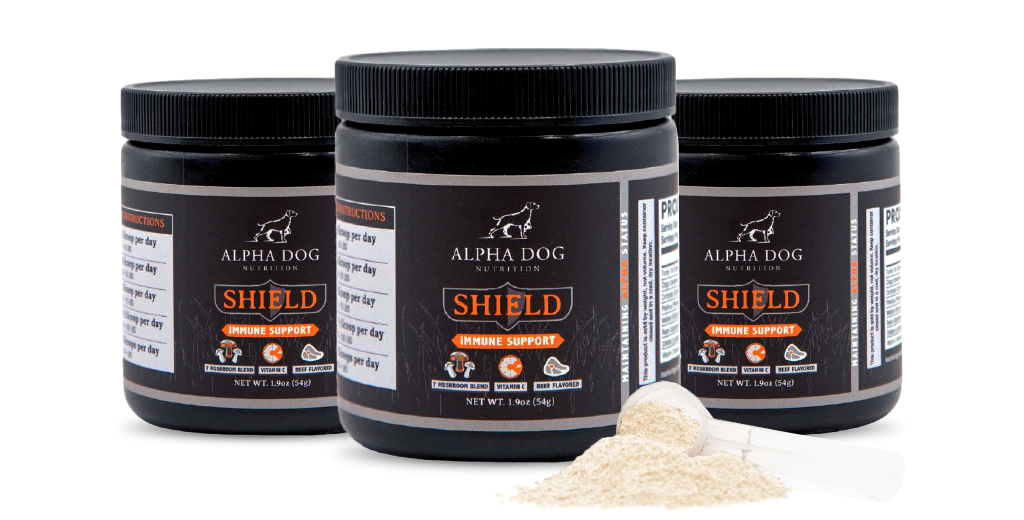A runny nose in dogs can be a sign of various health issues, ranging from mild to more serious conditions.
Understanding the underlying causes of a runny nose can help you provide the best care for your furry friend.
In this post, we are going to explore 5 ways to ease your dog’s runny nose, starting with what causes runny noses.
Let’s dive in!
What Causes Dog Runny Noses?
There are several potential causes for a dog’s runny nose, including:
- Infections: Viral infections, such as canine distemper or kennel cough, can lead to nasal discharge. Bacterial infections can also cause similar symptoms.
- Allergies: Dogs can be allergic to various environmental factors, including pollen, dust, and certain foods, leading to nasal congestion and discharge.
- Foreign Objects: Sometimes, foreign particles can become lodged in a dog’s nasal passages, resulting in irritation and a runny nose.
- Dental Issues: Dental diseases can lead to sinus problems, causing nasal discharge as a symptom.
- Environmental Factors: Changes in weather, exposure to irritants, or strong odors can trigger a runny nose in sensitive dogs.
Recognizing these causes is essential for effective management and treatment.
5 Ways to Ease Your Dog’s Runny Nose
1. Use An Immune Support Supplement
One of the best ways to address a runny nose in dogs is by incorporating an immune support supplement into their diet.
These supplements can help boost your dog’s immune system, making them less susceptible to infections that can cause nasal discharge.
Look for high-quality immune support supplements containing vitamins, minerals, and herbs specifically formulated for dogs.
My dog’s personal favorite immune support supplement is Alpha Dog’s Shield Immune Support.
Alpha Dog’s Shield is an excellent choice for addressing your dog’s runny nose, as it combines a powerful blend of mushrooms and Vitamin C to strengthen their immune response.
This formula not only enhances overall immune function but also supports digestive health and kidney function, helping your dog recover more quickly from respiratory issues.
Naturally flavored with beef liver powder, it ensures that your pup enjoys its supplement while benefiting from essential nutrients like Vitamin B12 and protein.
Simply follow the directions on the back and you’re good to go!
2. Keep Them Hydrated
Ensuring your dog stays well-hydrated is crucial, especially if they have a runny nose.
Proper hydration helps thin mucus, making it easier for your dog to breathe and promoting faster recovery.
Encourage your dog to drink fresh, clean water throughout the day.
You can also offer hydrating foods, like wet dog food or broth, to increase their fluid intake.
3. Use a Humidifier
Introducing a humidifier in your home can create a more comfortable environment for your dog.
Increased humidity can help soothe nasal passages and alleviate congestion.
Place a humidifier in the room where your dog spends the most time.
Make sure to keep it clean to prevent any potential irritants or mold growth.
4. Monitor Allergens
If allergies are suspected as the cause of your dog’s runny nose, monitoring and minimizing their exposure to allergens can be beneficial.
Keep your home clean by regularly vacuuming and dusting.
Consider using air purifiers to filter out airborne allergens and reduce your dog’s exposure to irritants.
5. Consult Your Veterinarian
If your dog’s runny nose persists or is accompanied by other symptoms, such as coughing, lethargy, or fever, it’s crucial to consult your veterinarian.
Your vet can perform a thorough examination to determine the underlying cause of the nasal discharge and recommend appropriate treatments, such as medications or allergy testing, to alleviate symptoms.
Ease Your Dog’s Runny Nose
Easing a dog’s runny nose involves a combination of immune support, hydration, and environmental adjustments.
By incorporating an immune support supplement, ensuring proper hydration, using a humidifier, monitoring allergens, and consulting your veterinarian when necessary, you can effectively support your dog’s health and comfort.
Understanding the underlying causes of a runny nose and implementing these strategies will help you keep your furry friend happy and healthy.
Thank you for reading!

